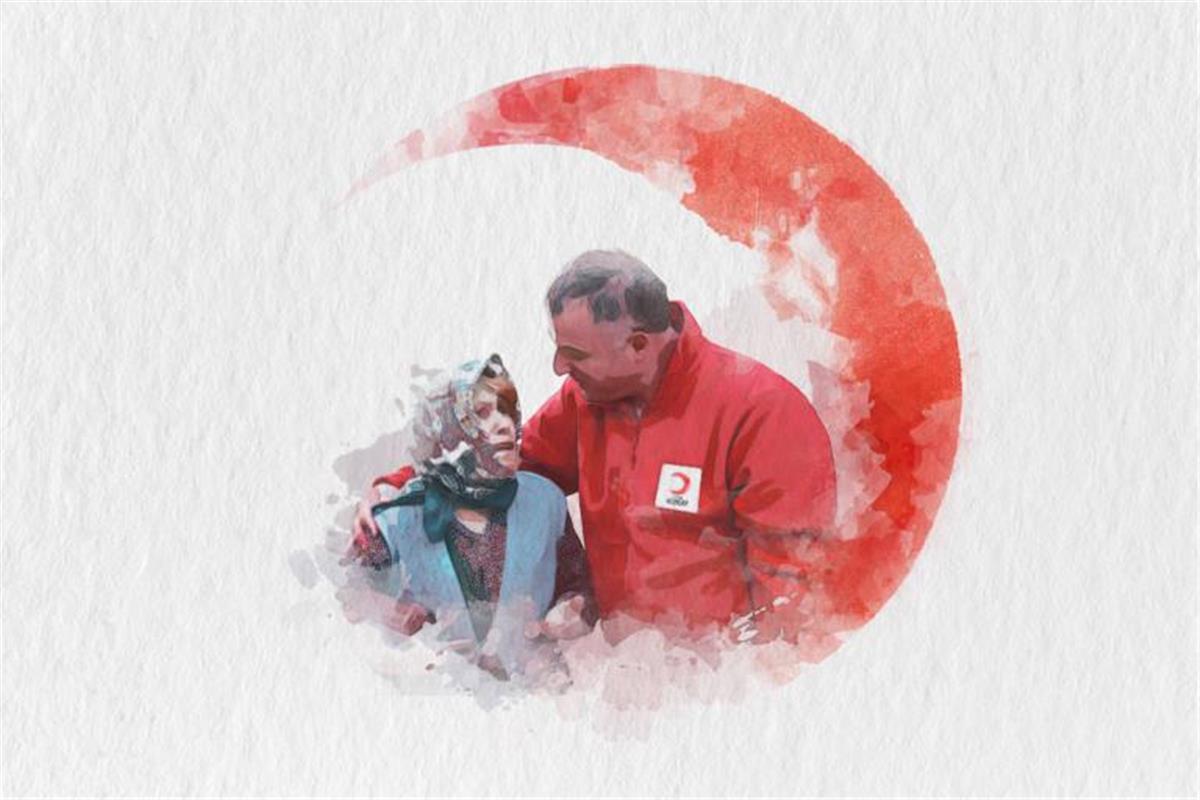
Zakat, which translates to increasing, purifying, cleaning, etc., is one of the five pillars of Islam. It refers to the certain share of wealth owned by Muslims who are considered to be wealthy, to be spent on classes specified in the Qur’an. ‘Wealthy Muslims’ are those who have the amount of wealth (nisab), which is accepted as a measure of wealth.
Zakat is obligatory for Muslims who have reached puberty and who are mentally component. A year must have passed since the person obtained the wealth they are going to give as zakat. This amount must be more than what the person requires to fulfill their primary needs (havaic-I asliye) and to pay their one year worth of debt.
The nisab amount, which is the minimum measure of wealth, accounts to: 80.18g of gold, or the equivalent of money or trade goods, 595g of silver, 5 camels, 30 cattle, 40 small cattle. The zakat rate is calculated on remaining wealth after deducting current debts (You can calculate the amount of zakat you need to give with the Kızılay zekat calculator). The people to whom zakat should be delivered to is stated in the Qur’an.
These people are: the poor, officers charged with collecting zakat, those whose hearts are desired to be warmed to Islam (müellefe-i kulûb), those who will be released from captivity, those in debt, those who jihad in the way of Allah, and those strained on their way. It is not appropriate to give zakat to first degree relatives (for instance, mother, father, grandparents, children, grandchildren). In addition, a husband and wife cannot give zakat to each other.
The person giving zakat must have more than enough goods to meet his/her basic needs. Those who have been provided assistance for needs to maintain their life in a safe and healthy way, for instance, shelter, clothing and food, are also not obliged to give zakat. Zakat maintains balance in society, keeps alive the spirit of social assistance and solidarity, develops and spreads the culture of giving, strengthens social communication, and thus creates an atmosphere of peace and trust.
KIZILAY AND ZAKAT
Being Turkey’s most rooted humanitarian aid organization, Kızılay carries out studies in different fields in order to relieve human suffering and protect human dignity. Kızılay finances most of its activities with in-kind and cash support from its donors. The people who Kızılay provides aid to, especially in disasters, migration, social services and education, are people who are eligible for zakat.
Kızılay’s 2021-2030 Strategic Plan is one of the key strategic documents that guides the organization’s activities. Within this, ‘fighting against poverty and hunger’ is one of the main objectives that have been identified under the heading ‘Social Resilience.’ One of the goals under this objective is to establish and run the Kızılay Zakat Institution. The provision of financial resources is of critical importance in order to achieve the goal of ‘fighting against poverty and hunger’ and objectives listed under the ‘social empowerment and regional revitalization program’ and ‘economic empowerment program.’ Within this context, in today’s environment where solutions to global wealth inequality are scarce, Kızılay’s fight against poverty and hunger has a very important place in reaching social resilience, which is one its 2030 goals. In addition, other objectives in the fields of migration, disaster and education under ‘Social Resilience’ are also all directly related to zakat studies.
A fatwa given by the Presidency of Religious Affairs, High Council of Religious Affairs dated 27 June 2014, numbered 510, states that, ‘There is no religious objection to depositing zakat into Kızılay accounts to be spent on providing shelter, clothing, hygiene and other similar needs to people who have been affected by disasters, war, civil unrest in countries where there are Muslim communities.’
Zakat assistance is made to those who have been identified in social analyses as living under the poverty line and not being able to afford primary needs. These people include but are not limited to the elderly, women, and people with disabilities, chronic illnesses, immigrants, disaster-victims, homeless, orphans, students, rough sleepers, and those who are marginalized from society.
Zakat can be paid in-kind and/or in cash at once or regularly. This assistance is made in the following ways: livelihood support, food aid, maternity aid, clothing aid, emergency disaster aid, shelter aid, education, and health aid. For more, please see, Türk Kızılay Bağış Politikası